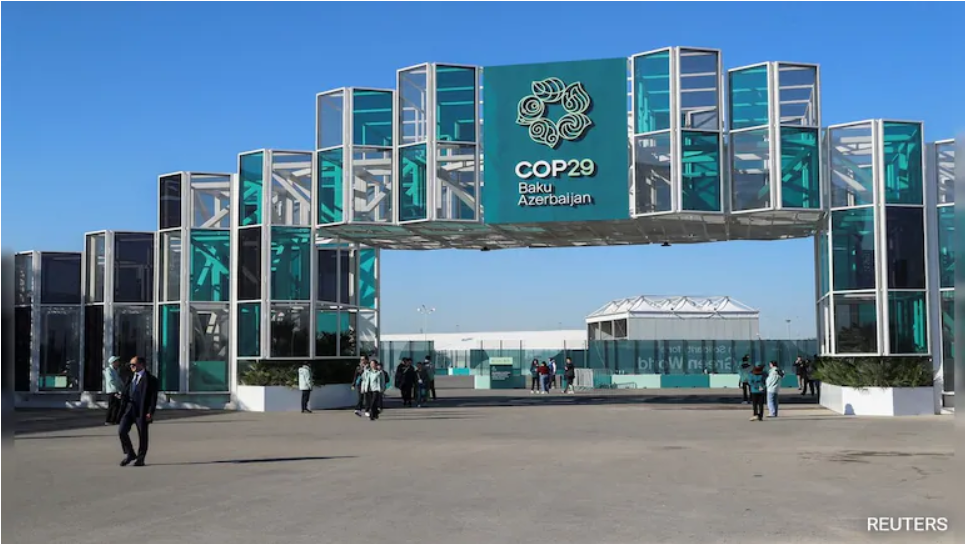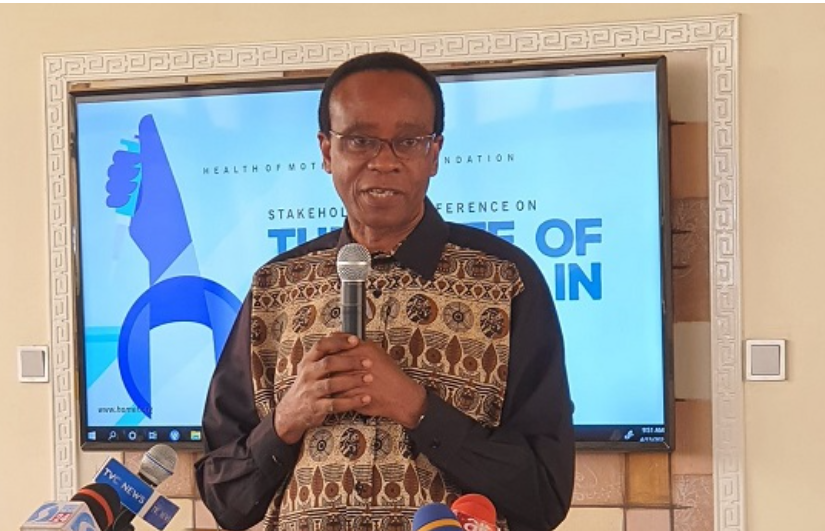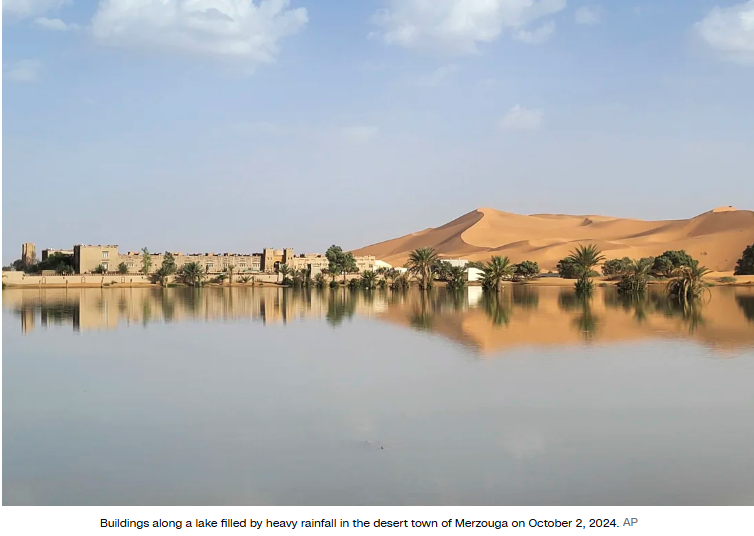By Joke Kujenya
ACROSS VULNERABLE communities worldwide, the impacts of climate change are being felt daily, from soaring food prices to extreme weather events that threaten homes and livelihoods.
Fueling the focus of COP29, held this year in Azerbaijan, which aimed to address these challenges head-on by launching a landmark carbon market framework under Article 6 of the Paris Agreement.
For nations struggling to reduce emissions, this new global framework introduces a lifeline—a way to balance ambitious climate targets with the pressing economic needs faced at home.
The agreement means that countries can buy and sell verified carbon credits, which represent emissions reductions from projects like forest restoration and renewable energy.
For frontline communities in nations like Bangladesh and Mozambique, where climate disasters increasingly displace families, the framework promises new funding to help nations adapt and invest in resilience.
Simon Stiell, United Nations Climate Chief, stressed the urgency of this step, warning that if emissions aren’t cut drastically, climate-fueled inflation will worsen the global cost of living crisis.
Stiell’s appeal touched on the harsh realities many face: “A deteriorating climate means financial hardship for every household, especially in poorer regions where families are already scraping by.”
He then emphasized the need for climate finance to reach these vulnerable populations, who contribute the least to emissions but bear the highest costs.
The new carbon market framework, he said, is designed to funnel investments into sustainable projects in developing countries, aims to bridge this gap.
He also affirmed that the carbon market, once operationalized, will enable developed nations to offset some of their emissions by funding emission-reducing projects in the global south.
With strict oversight and accountability standards, the framework seeks to ensure these credits are based on actual reductions, avoiding the “double-counting” that undermined previous market attempts.
If successful, this system could channel billions toward green projects, allowing poorer nations to transition to cleaner energy and protect fragile ecosystems, Stiell advised.
COP29 Concerns and Frameworks
The COP29 summit brought together negotiators with a common goal: to design a fair and transparent market where emission reductions are real, verifiable, and beneficial to the communities most affected.
However, developing nations have voiced concerns. Many worry that carbon markets could allow wealthier countries to pay for pollution rather than reducing emissions at home, potentially shifting the burden to communities least able to adapt.
Stiell acknowledged this fear, stressing that the framework includes stringent checks to uphold its credibility noting that challenges lie ahead.
As COP29’s final days unfolded, delegates faced complex questions about pricing, market access, and mechanisms to ensure that credits represent genuine emission cuts.
Some developed countries, like Japan and Indonesia, have already initiated bilateral agreements independent of UN oversight.
These deals, known as Internationally Transferable Mitigation Outcomes (ITMOs), let countries trade directly but without the same guarantees.
For the UN framework to gain traction, many delegates believe that all transactions must adhere to internationally agreed standards.
For the millions living on the frontlines of climate impacts, a robust carbon market could offer more than just cleaner air.
Properly managed, it represents a route out of poverty, a chance to adapt, and a rare opportunity to participate in the fight against climate change.
Projects eligible for credits range from mangrove restoration in Southeast Asia, which protects coastlines from rising seas to rural solar installations in Sub-Saharan Africa that provide affordable electricity.
In 2022, voluntary carbon markets were valued at $2 billion. However, a lack of standards and scandals eroded confidence, plummeting the market’s worth to $723 million last year.
Linking these projects to the UN-backed framework could restore trust, raising the value of credits and making them accessible to companies voluntarily reducing emissions.
For nations like Bangladesh and Mozambique, which experience firsthand the severe impacts of climate change, the financial support provided by this carbon market could mean the difference between survival and devastation.
Critics remain wary, questioning whether wealthier nations will truly meet their obligations or simply use credits as a license to pollute.
Nonetheless, the UN’s new framework provides a pathway, if imperfect, to bridge the divide between the global north and south.
However, as COP29 closed, the UN announced that work on the carbon market will continue, aiming to resolve remaining details by 2025.
The framework, if finalized, could see the world’s first UN-regulated carbon market, complete with guardrails ensuring transparency and integrity.
Moreover, the summit’s outcome represents a significant, if tentative, step toward a cooperative global climate response.
Stiell noted: “For climate-vulnerable nations, this moment brings cautious optimism. With billions of dollars in potential investment, the new carbon market framework could help developing countries achieve both economic and environmental resilience, supporting those who stand to lose the most from climate change.
“The hope is that these investments will not only fulfill climate targets but also offer tangible benefits to families whose lives are already being shaped by a warming world.”
At JKNewsMedia, our dedication to delivering reliable news and insightful information to our cherished readers remains unwavering. Every day, we strive to provide you with top-notch content that informs and enlightens. By donating to JKNewsMedia, you directly contribute to our mission of delivering quality journalism that empowers and informs. Your support fuels our commitment to bringing you the latest updates and in-depth analysis. Let's continue to uphold the highest standards of journalism and serve our community with integrity and dedication. Thank you for being a part of the JKNewsMedia family and for your ongoing support.





